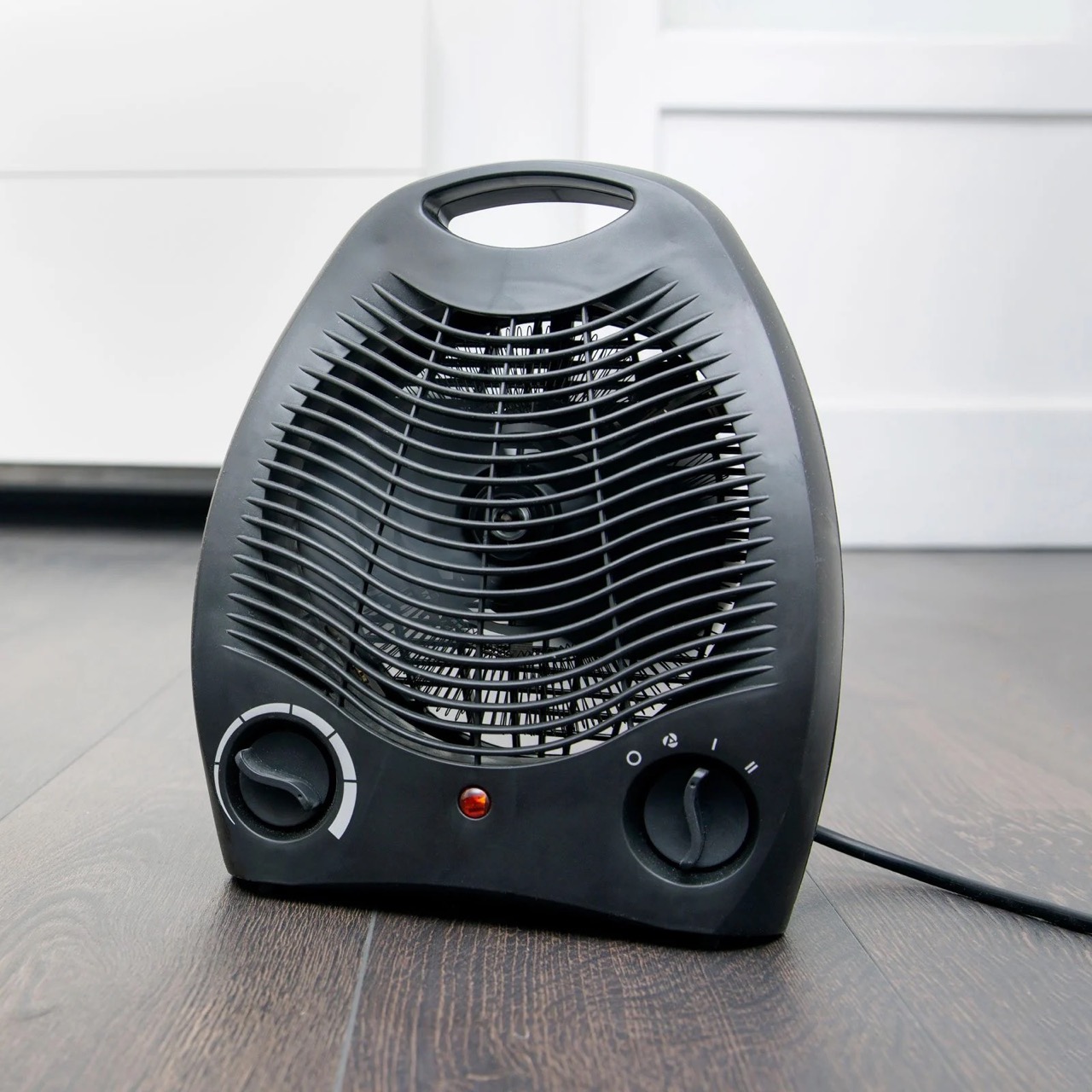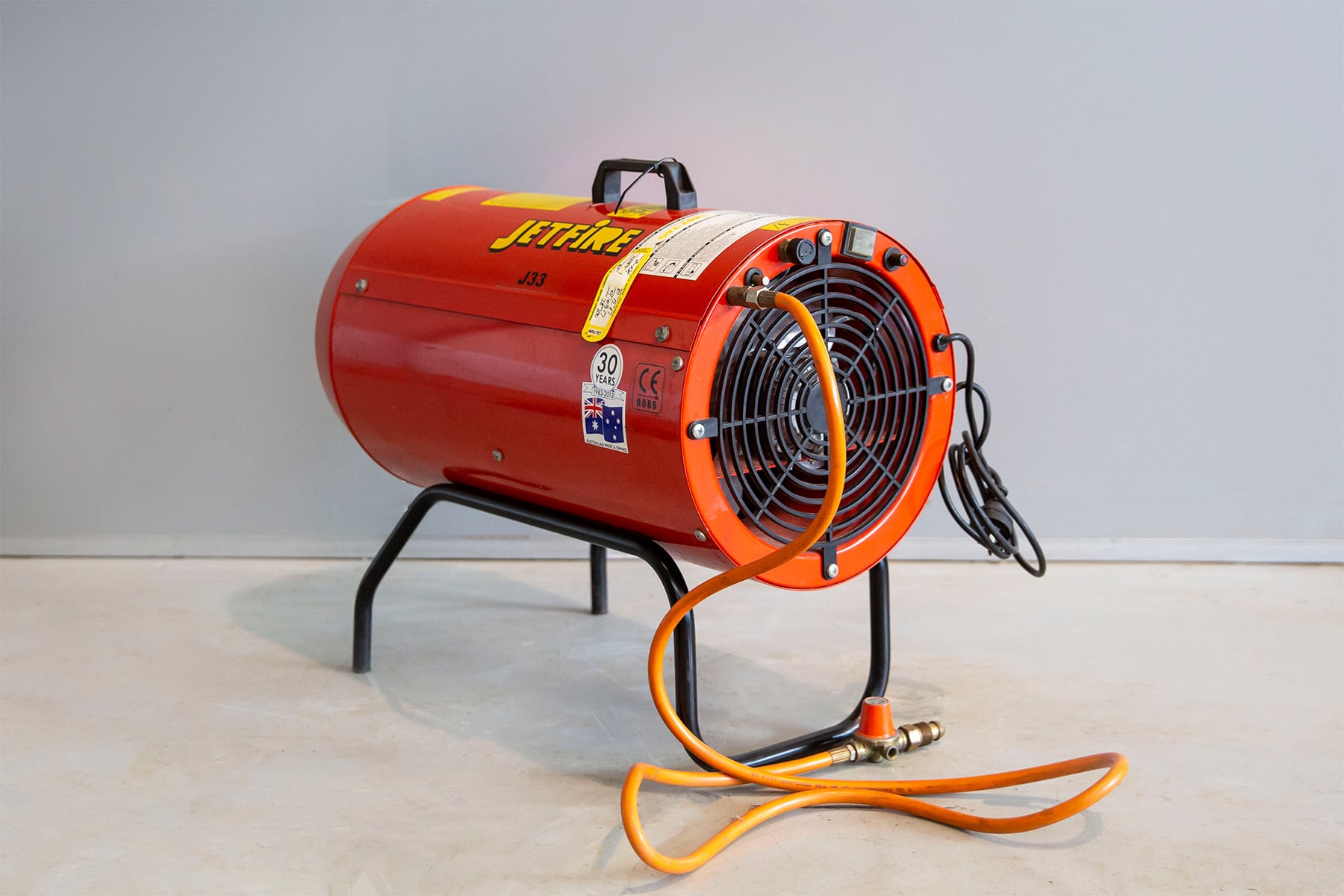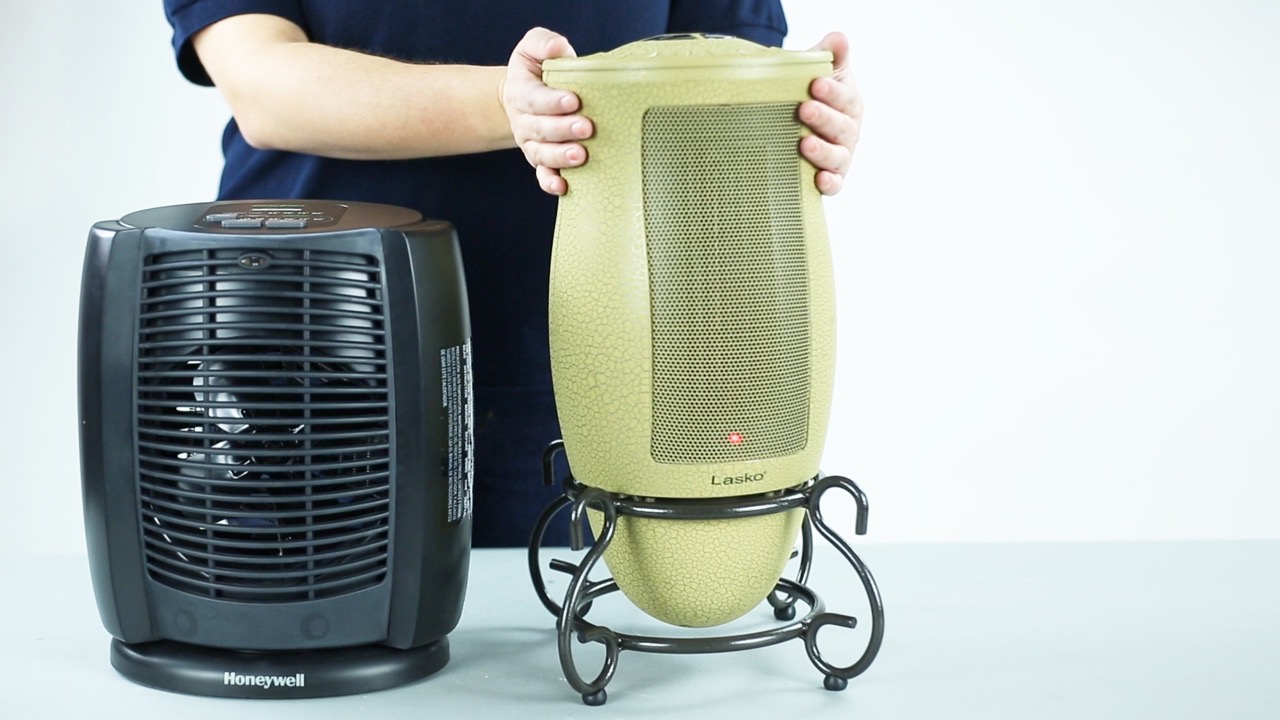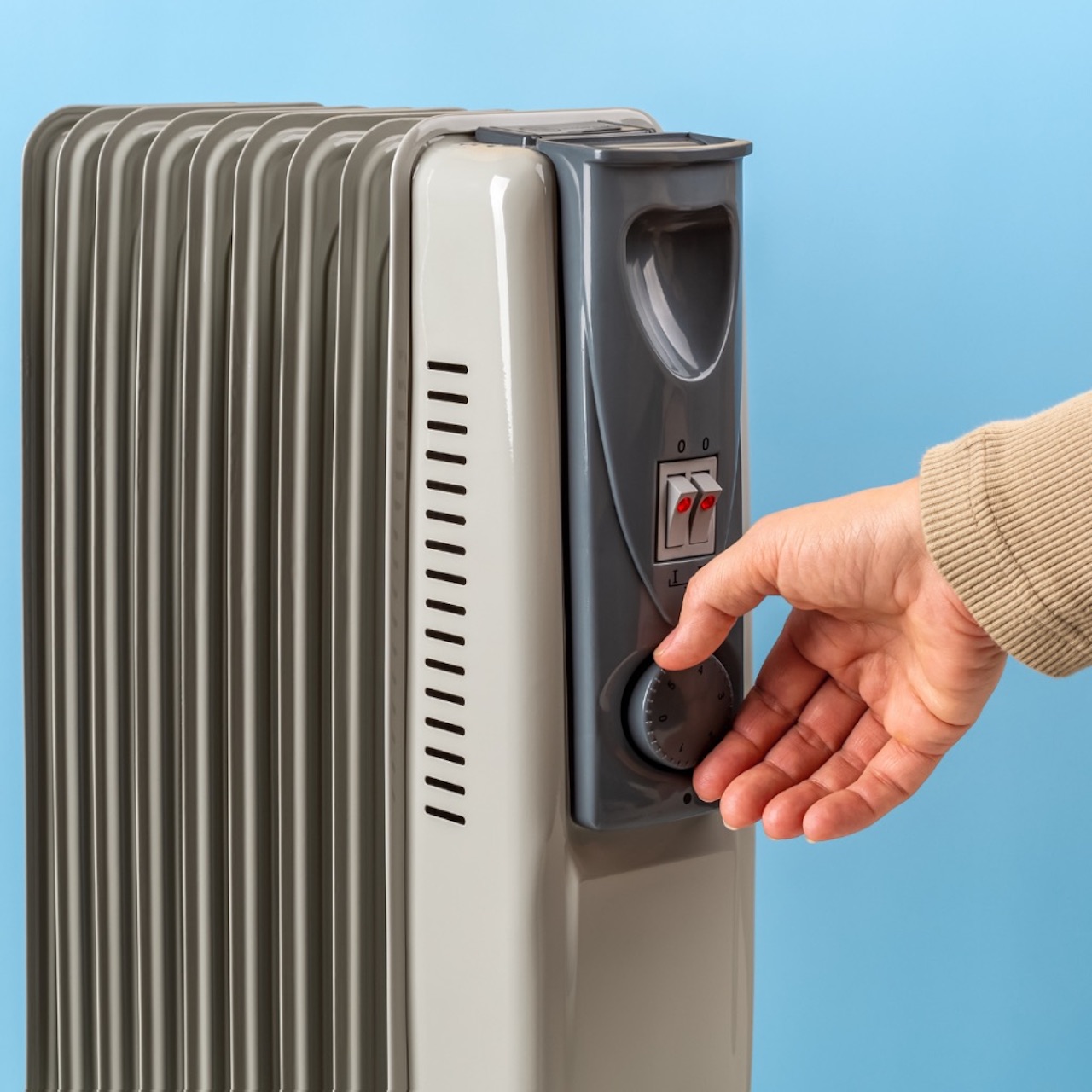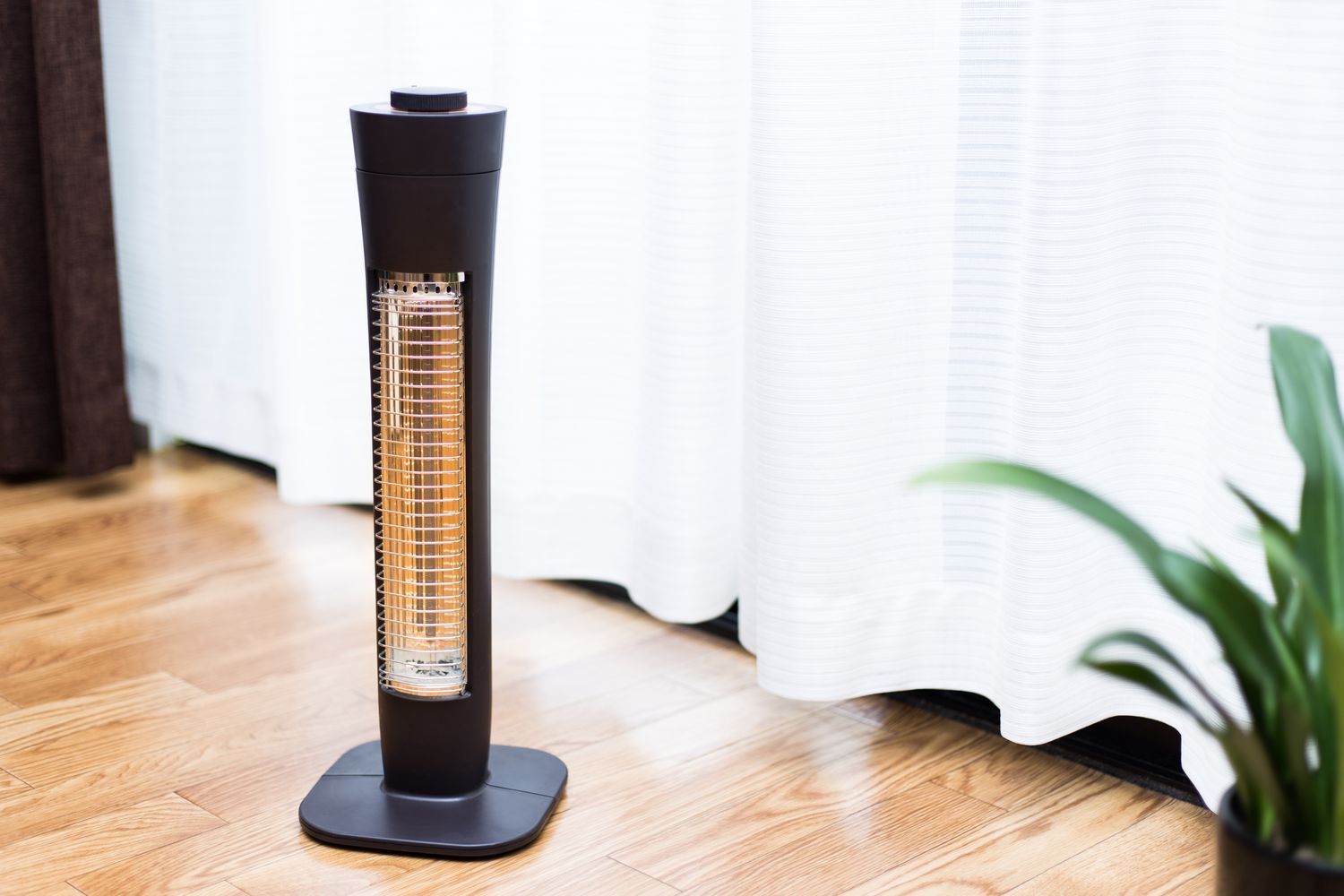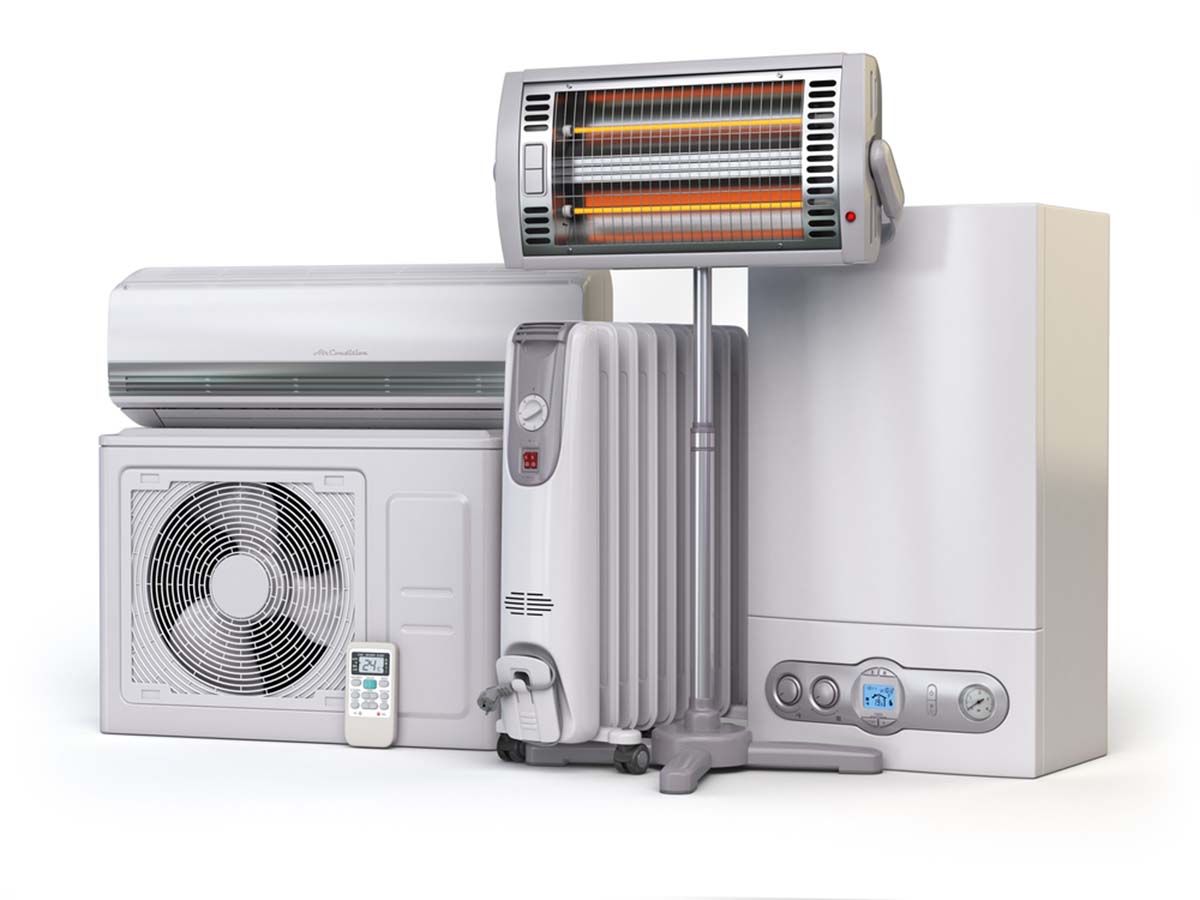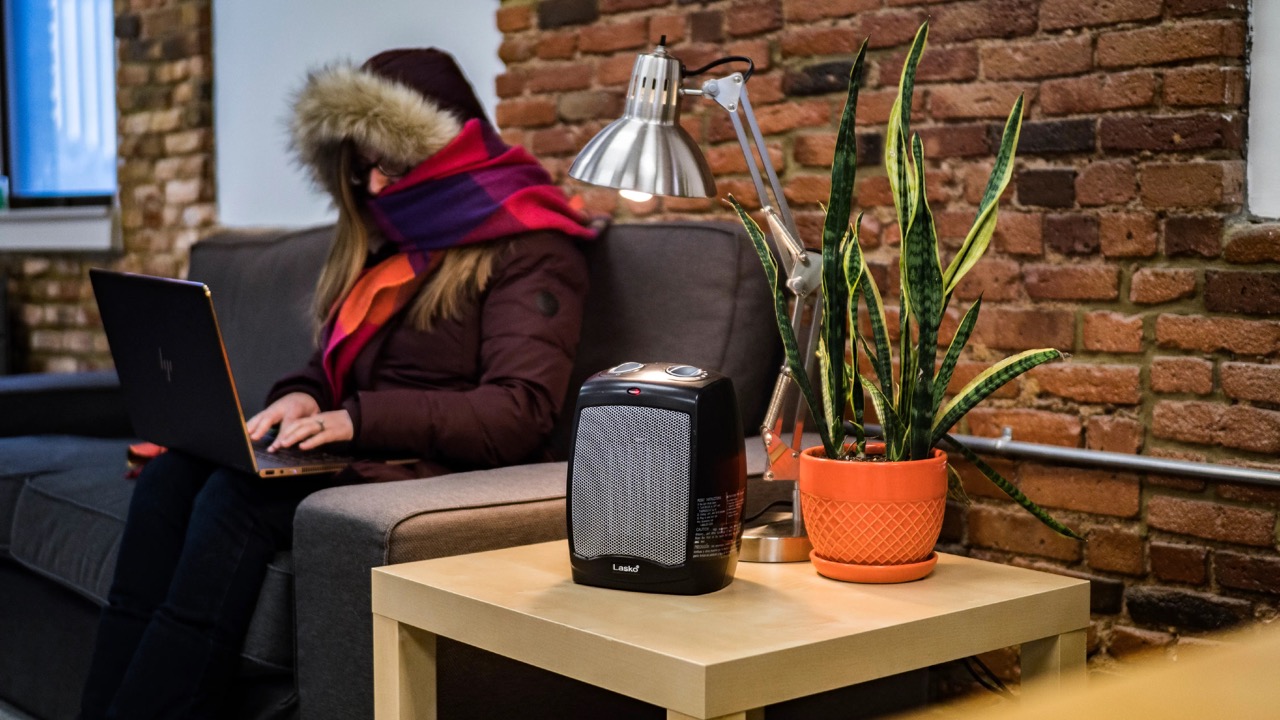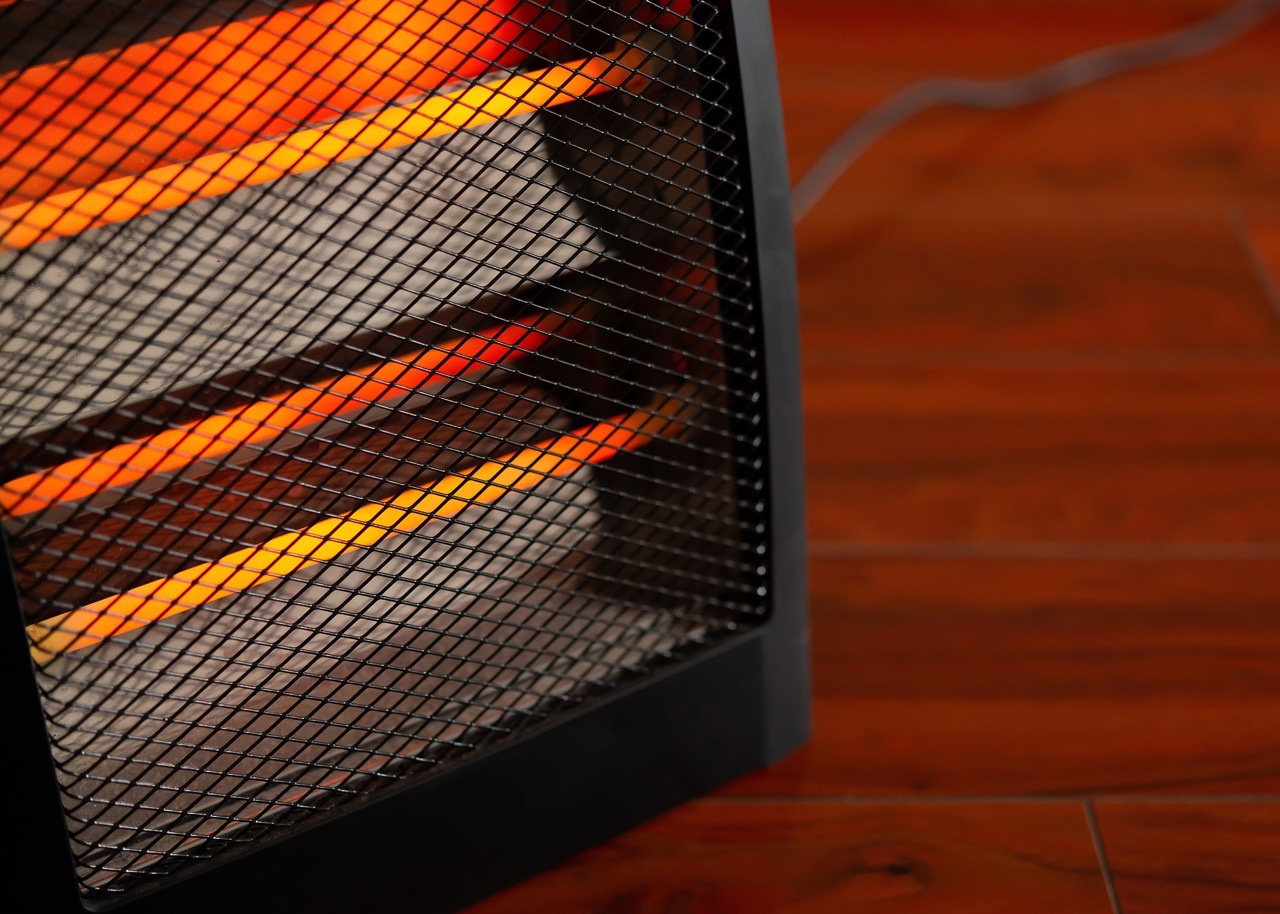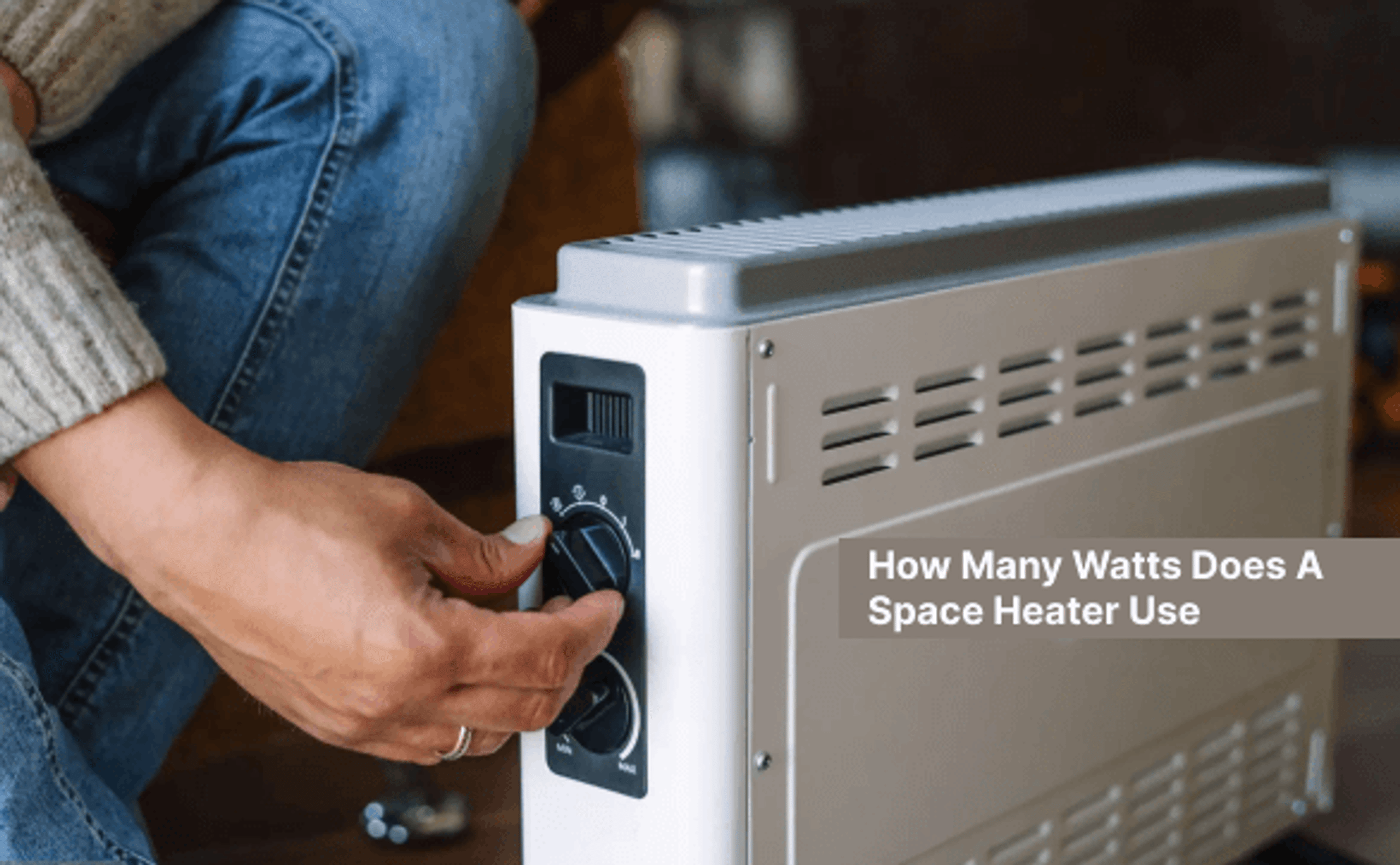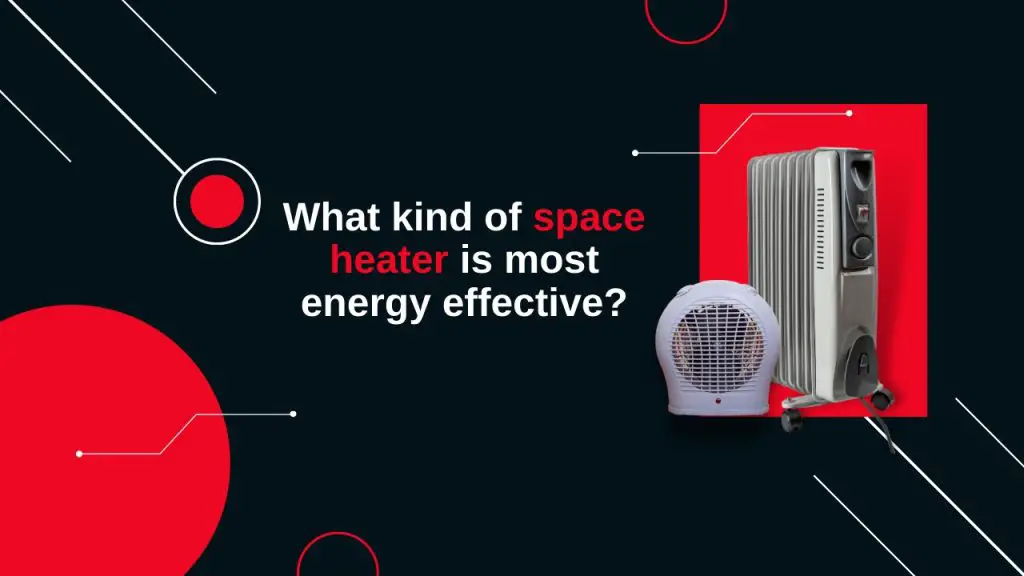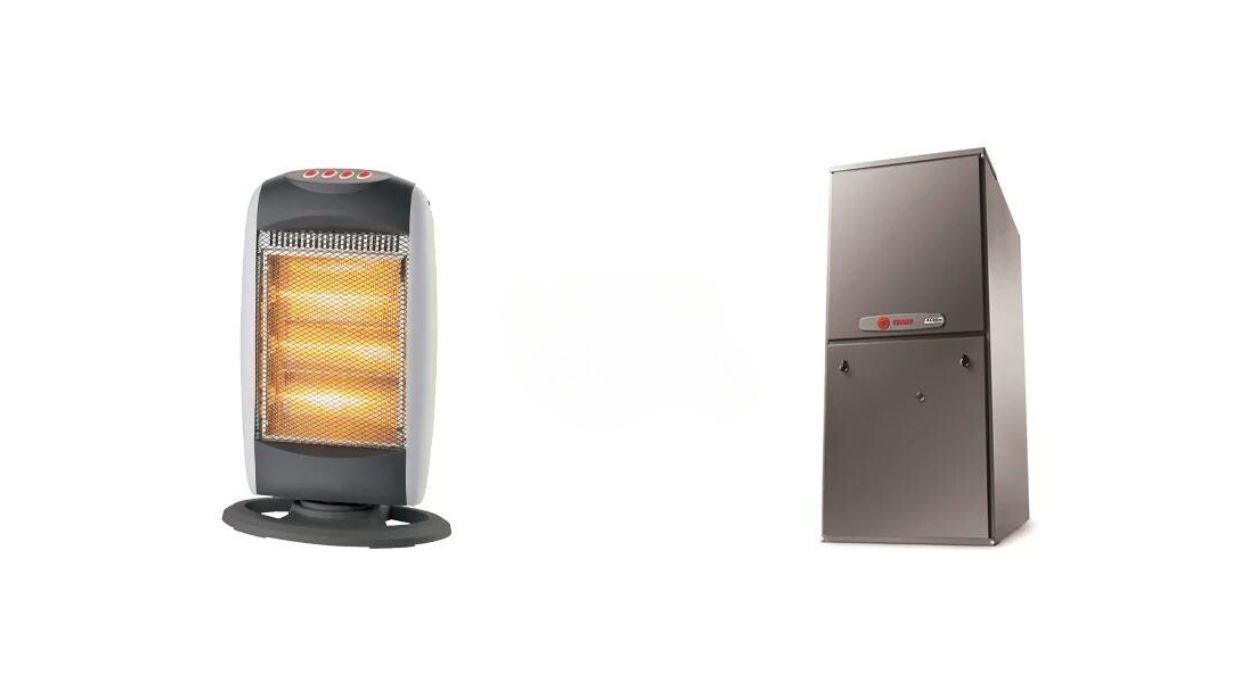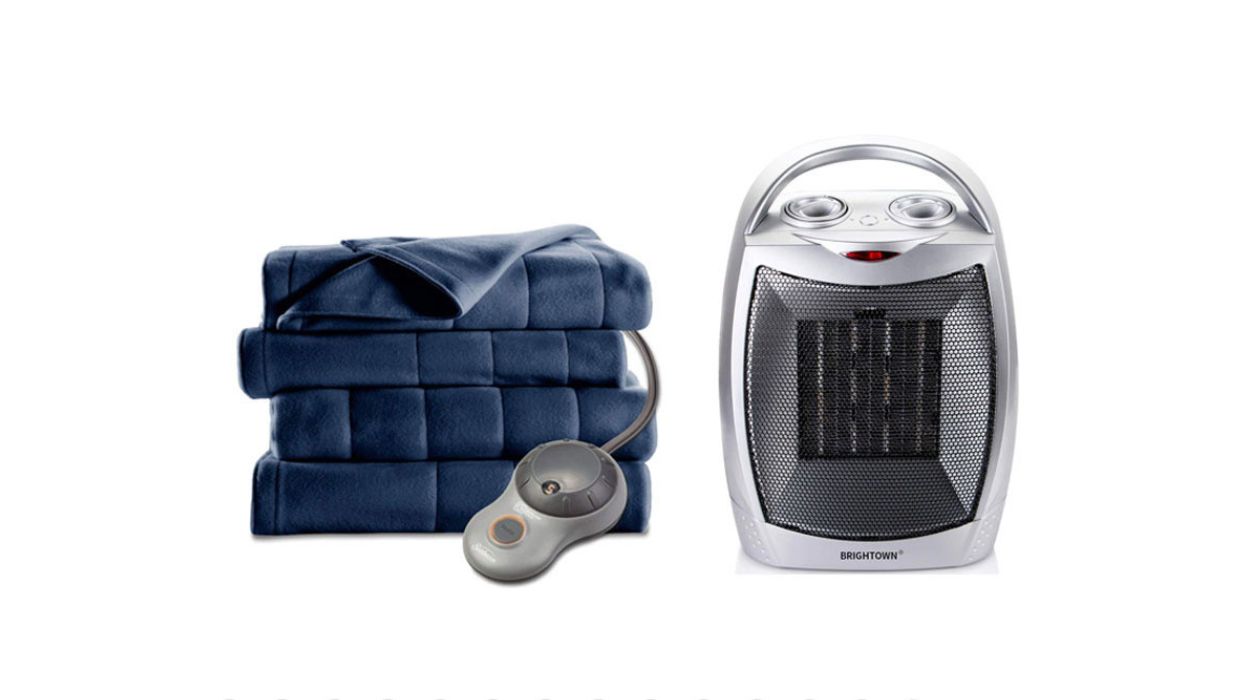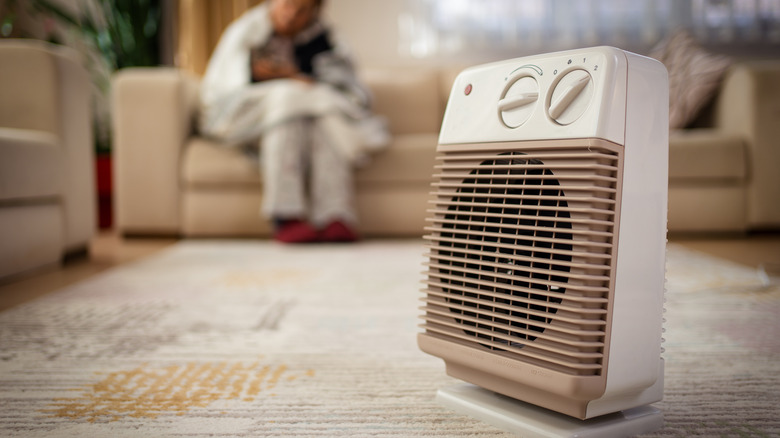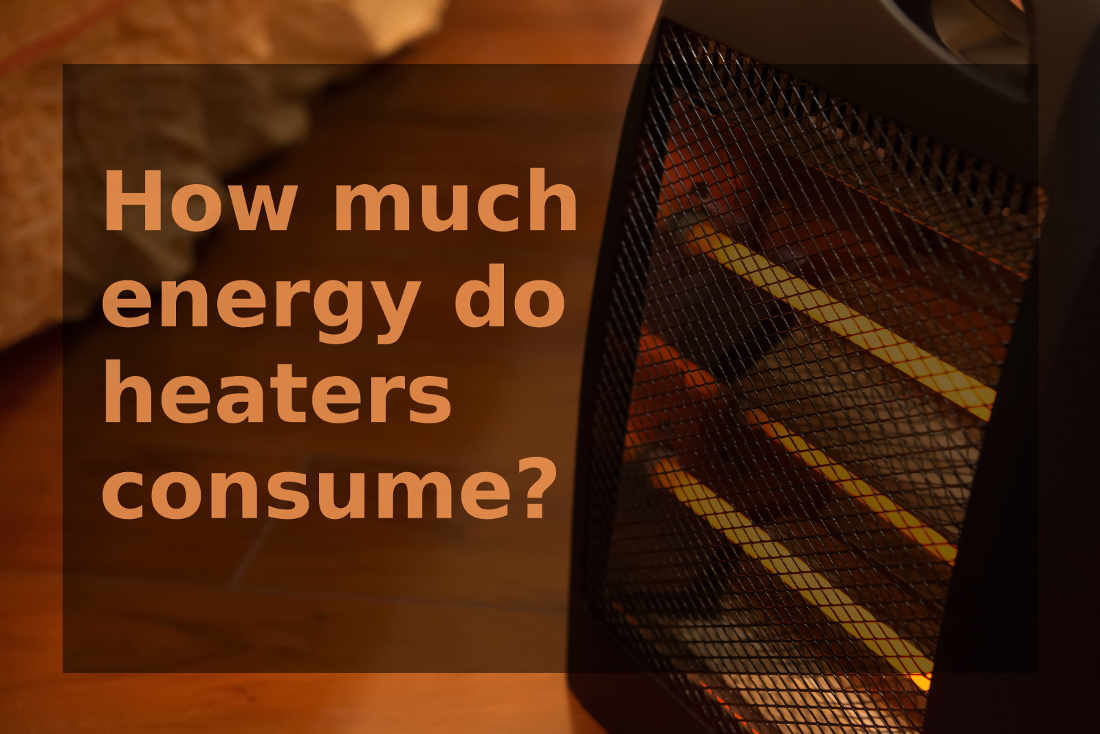What Space Heater Uses The Least Electricity
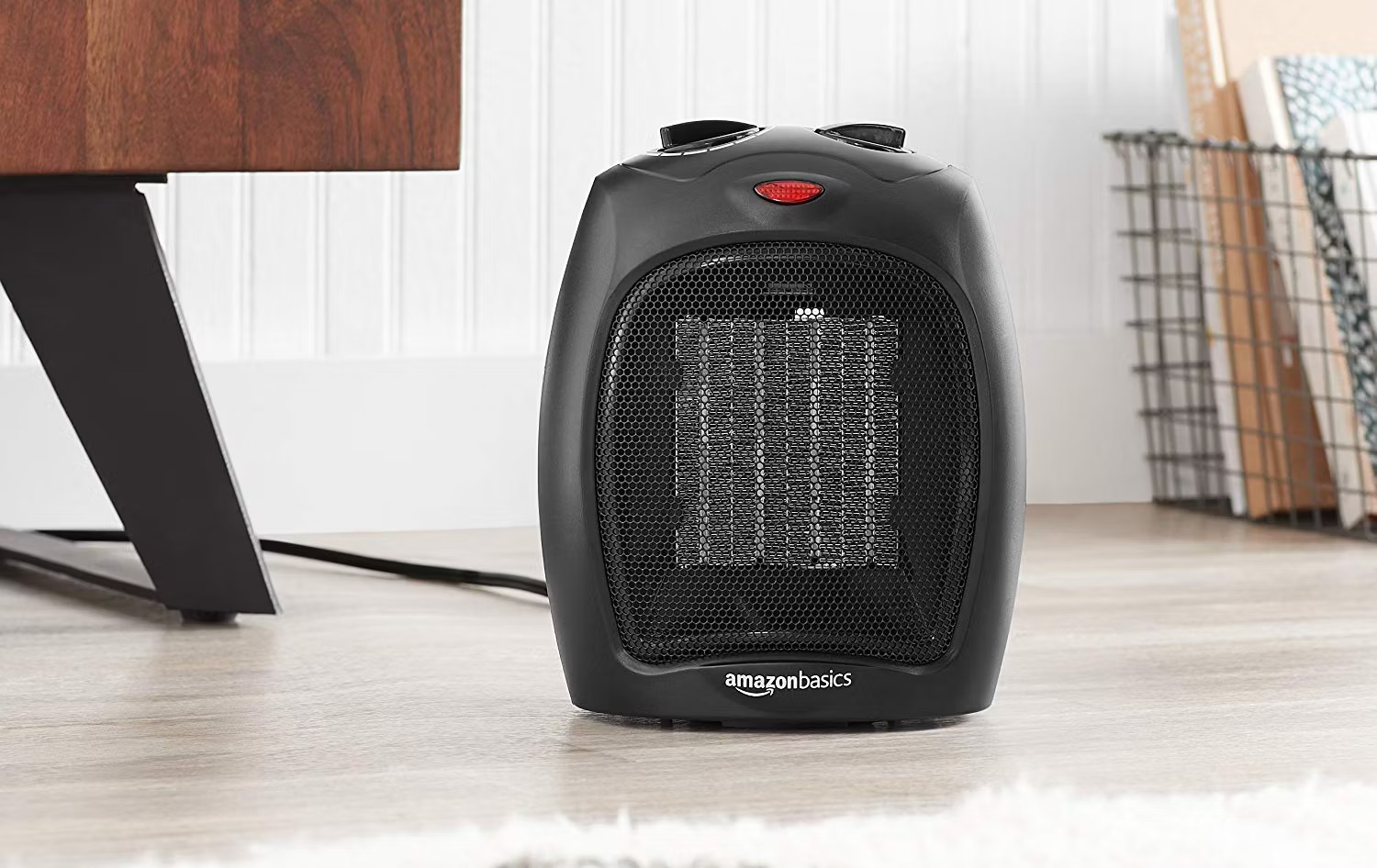
As winter approaches and energy bills loom, consumers are increasingly seeking ways to stay warm without breaking the bank. Space heaters offer a localized heating solution, but their energy consumption can vary significantly. Determining which type uses the least electricity is crucial for budget-conscious individuals.
The question of the most energy-efficient space heater isn't straightforward, as it depends on factors like room size, insulation, and usage habits. However, certain types generally outperform others in terms of electricity consumption. Understanding the nuances of different heating technologies is key to making an informed decision.
The most common types of space heaters include: ceramic, infrared, oil-filled radiators, and convection heaters. Each employs a different mechanism to generate and distribute heat. This directly impacts their efficiency and electricity usage.
Infrared Heaters: Targeted Warmth
Infrared heaters are known for their ability to directly heat objects and people in their line of sight. They don't waste energy heating the air, making them potentially efficient for targeted warmth in small spaces. This focused heating can lead to lower overall electricity consumption.
However, their effectiveness diminishes in larger, poorly insulated rooms. In such scenarios, the heat quickly dissipates. The U.S. Department of Energy states that infrared heaters can be a good option for supplemental heating, but they're not ideal as a primary heat source in large areas.
Ceramic Heaters: Quick and Efficient
Ceramic heaters use ceramic plates to heat up and a fan to circulate the warm air. They are generally considered to be quite efficient. They also heat up quickly.
Because of their heating capabilities, ceramic heaters are a good choice for small to medium-sized rooms. They offer a balance of warmth and energy efficiency. These heaters are often equipped with thermostats that help regulate electricity consumption by cycling on and off to maintain a consistent temperature.
Oil-Filled Radiators: Slow and Steady
Oil-filled radiators offer a different approach. They heat oil within the unit, which then radiates heat into the room. They provide a consistent and gentle warmth.
Oil-filled radiators take longer to heat up compared to other types. These units also retain heat for a longer period after being turned off. They are not always the most energy-efficient option. Because of the slower heating process, the electricity consumed is higher, negating the benefit of gradual release of heat after being turned off.
Convection Heaters: Heating the Air
Convection heaters warm the air that passes over a heating element. This heated air then circulates throughout the room. These heaters are suitable for heating larger spaces, but may not be the most efficient for spot heating.
Convection heaters tend to be less energy-efficient than infrared or ceramic heaters, especially in poorly insulated rooms. The constant heating of air requires continuous energy input. This can lead to higher electricity bills.
"The best space heater for energy efficiency depends on individual needs and circumstances," explains energy efficiency expert, Sarah Chen. "Consider the size of the room, the level of insulation, and how often the heater will be used."
Beyond the type of heater, certain features can significantly impact electricity consumption. Look for models with adjustable thermostats and energy-saving modes. Timers can also help prevent unnecessary usage.
Consumers can further reduce energy costs by practicing smart heating habits. Seal drafts around windows and doors, and only heat rooms that are in use. Setting the thermostat a few degrees lower can also make a noticeable difference.
Ultimately, the space heater that uses the least electricity is the one that is used efficiently and appropriately for the specific heating needs. By understanding the characteristics of different heater types and adopting energy-conscious practices, individuals can stay warm this winter without significantly increasing their energy bills.
Consulting with a qualified electrician or energy auditor can provide personalized recommendations. It is also important to follow the manufacturer’s safety guidelines for any space heater being used.
